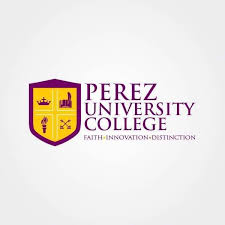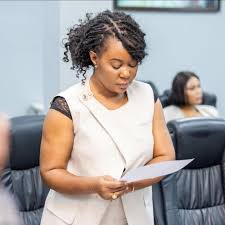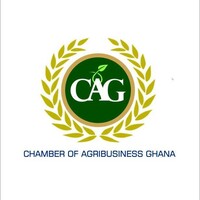St. John Bosco’s College Requests Increased Admission Quota and Upgraded Facilities

St. John Bosco’s College of Education, located in Navrongo, Upper East Region, has formally appealed to the government to address several pressing needs to improve its operations and enhance its capacity for training teachers. The college has specifically called for an increase in its student admission quota, additional staff recruitment, and significant upgrades to its laboratories and workshops, all of which it believes are essential for continuing to provide high-quality education to its students.
At the 13th Congregation Ceremony, which celebrated the graduation of 318 students, Dr. Rudolph Nyaaba, the Acting Principal of the college, underscored the importance of expanding the institution’s capacity to admit more students. According to Dr. Nyaaba, the current admission quota falls far short of the demand, with many qualified applicants being turned away each year. He explained that an increased quota would not only allow more students to pursue teacher training but also generate vital Internally Generated Funds (IGF) that could be reinvested into the college for development and infrastructure improvements.
“The college receives a large number of applications each year, but the current admission limit only allows a small fraction of these students to be admitted,” said Dr. Nyaaba. “An increase in the admission quota would help the college to grow and generate the necessary financial resources to support its development. This would ultimately benefit both the college and the larger educational system by providing more trained teachers to meet the country’s educational needs.”
Dr. Nyaaba also drew attention to the shortage of teaching and non-teaching staff at the college, which is impacting the quality of service and the efficiency of the institution. He has called on the Ghana Tertiary Education Commission (GTEC) to grant the college clearance to hire more staff, so it can keep up with the increasing demands of its expanding student body. The Acting Principal noted that an increase in staff numbers would enable the college to provide more personalized attention to students and improve its operational capacity.
One of the most critical areas identified for improvement was the state of the college’s laboratories and workshops, which are essential for training future science and mathematics teachers. Dr. Nyaaba explained that many of the college’s teaching facilities are outdated and in dire need of refurbishment. Without proper equipment and modern facilities, students are unable to gain the practical experience they need, particularly in specialized fields like science and mathematics.
“The college’s laboratories and workshops are currently not functional, and the equipment is severely outdated,” Dr. Nyaaba pointed out. “To maintain the high standards required for the training of science and mathematics teachers, these facilities must be refurbished and upgraded. This would provide our students with the practical knowledge and skills they need to succeed in their professional careers.”
The ceremony, held to celebrate the graduation of 318 trained teachers, marked a moment of achievement for the students and the institution. Among the graduates, 18 students received first-class honors, 153 earned second-class upper division, 104 obtained second-class lower division, and 28 graduated with third-class honors. These figures highlight the academic rigor and success of the college’s training programs.
St. John Bosco’s College of Education is widely regarded for its academic discipline and excellence, especially in the training of science and mathematics educators. Many of its graduates have gone on to make valuable contributions to the Ghanaian education system and beyond. However, in order to continue producing highly qualified teachers, the college must address its infrastructural and staffing challenges.
St. John Bosco’s College of Education is calling for immediate attention from the government to address the shortage of resources that is hindering its ability to grow and provide top-tier education. By increasing its student admission quota, enhancing staffing levels, and upgrading its facilities, the college hopes to maintain its high standards of teacher training and continue contributing to Ghana’s educational development. These improvements will not only benefit the college but also ensure that the country has a steady supply of well-trained teachers to meet the demands of its educational system.








